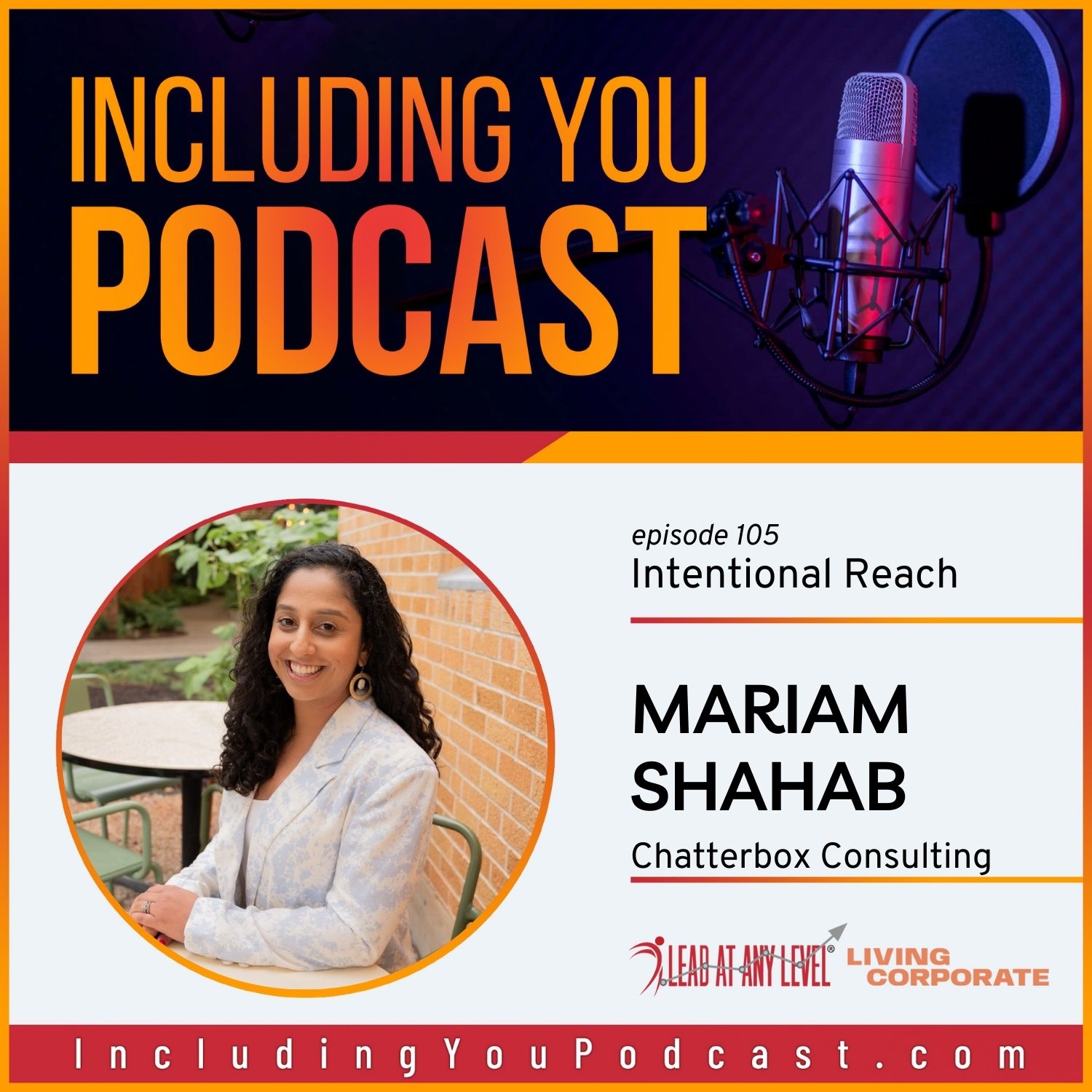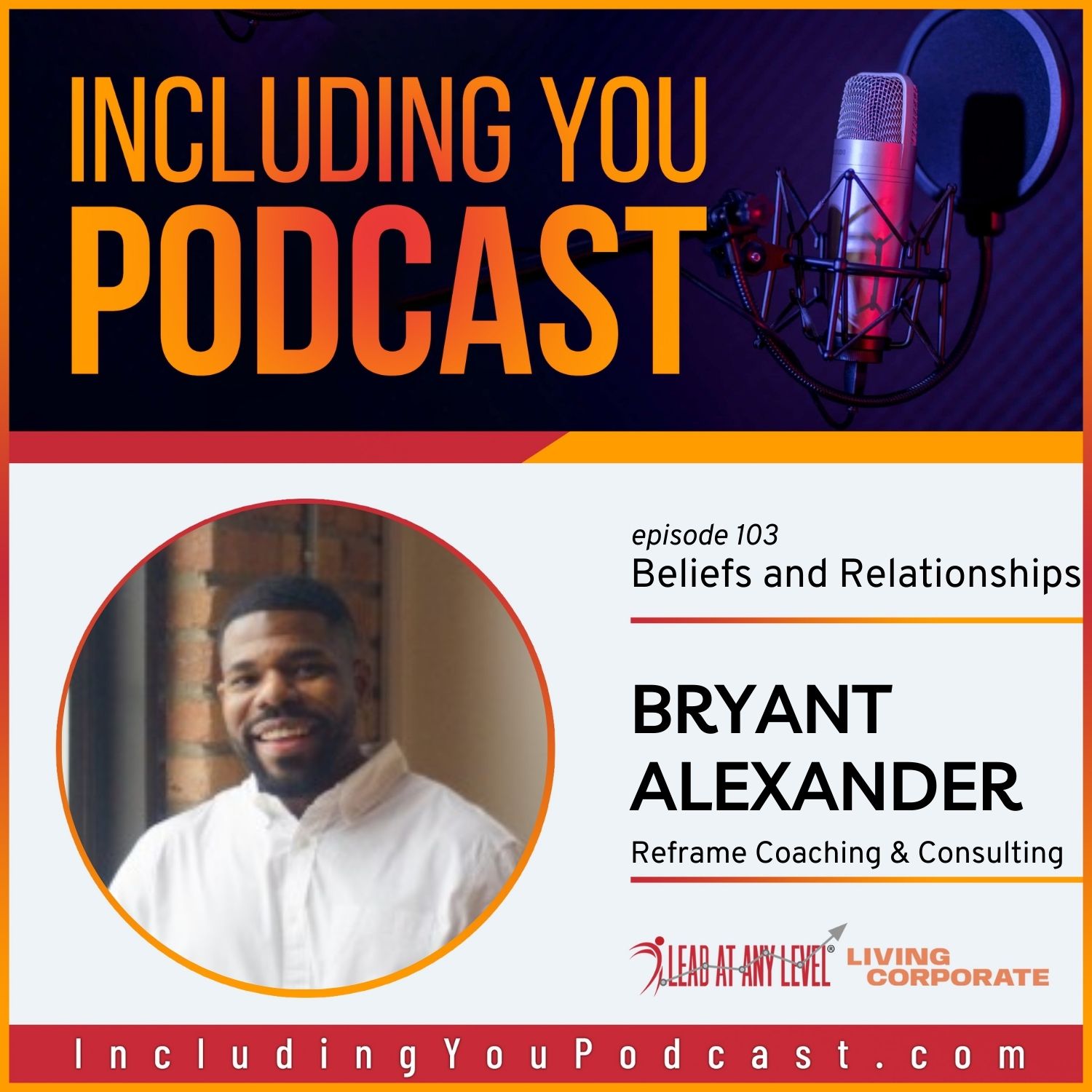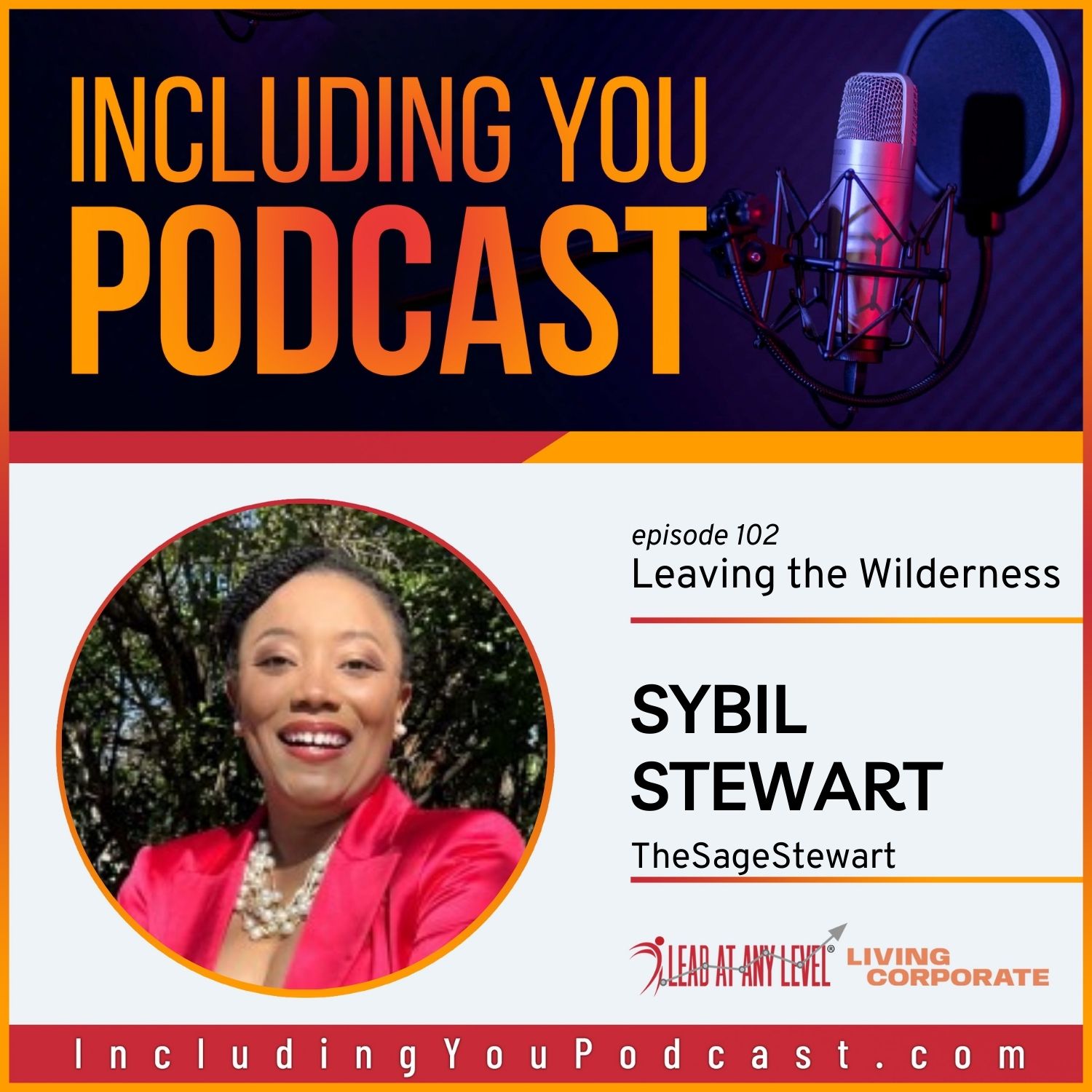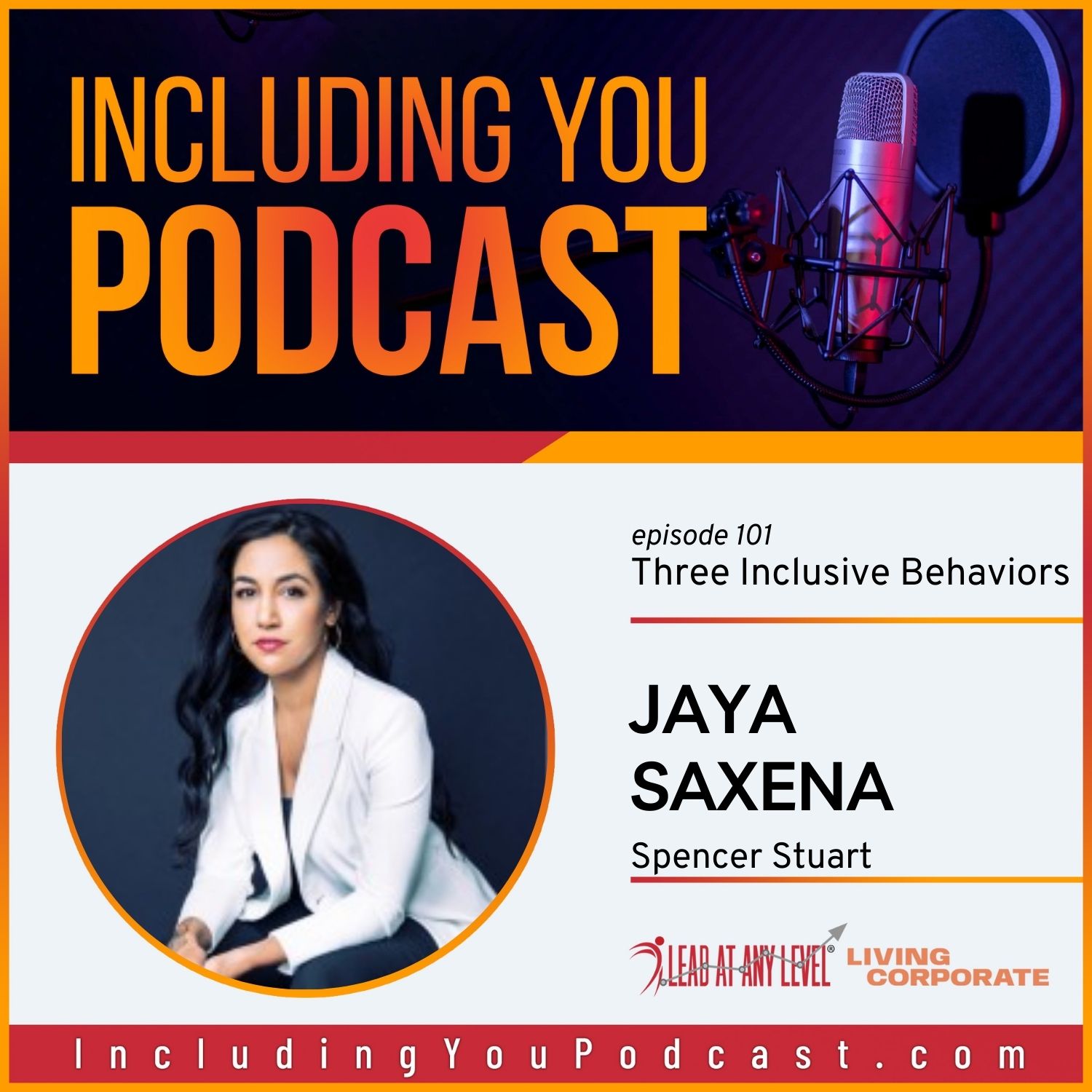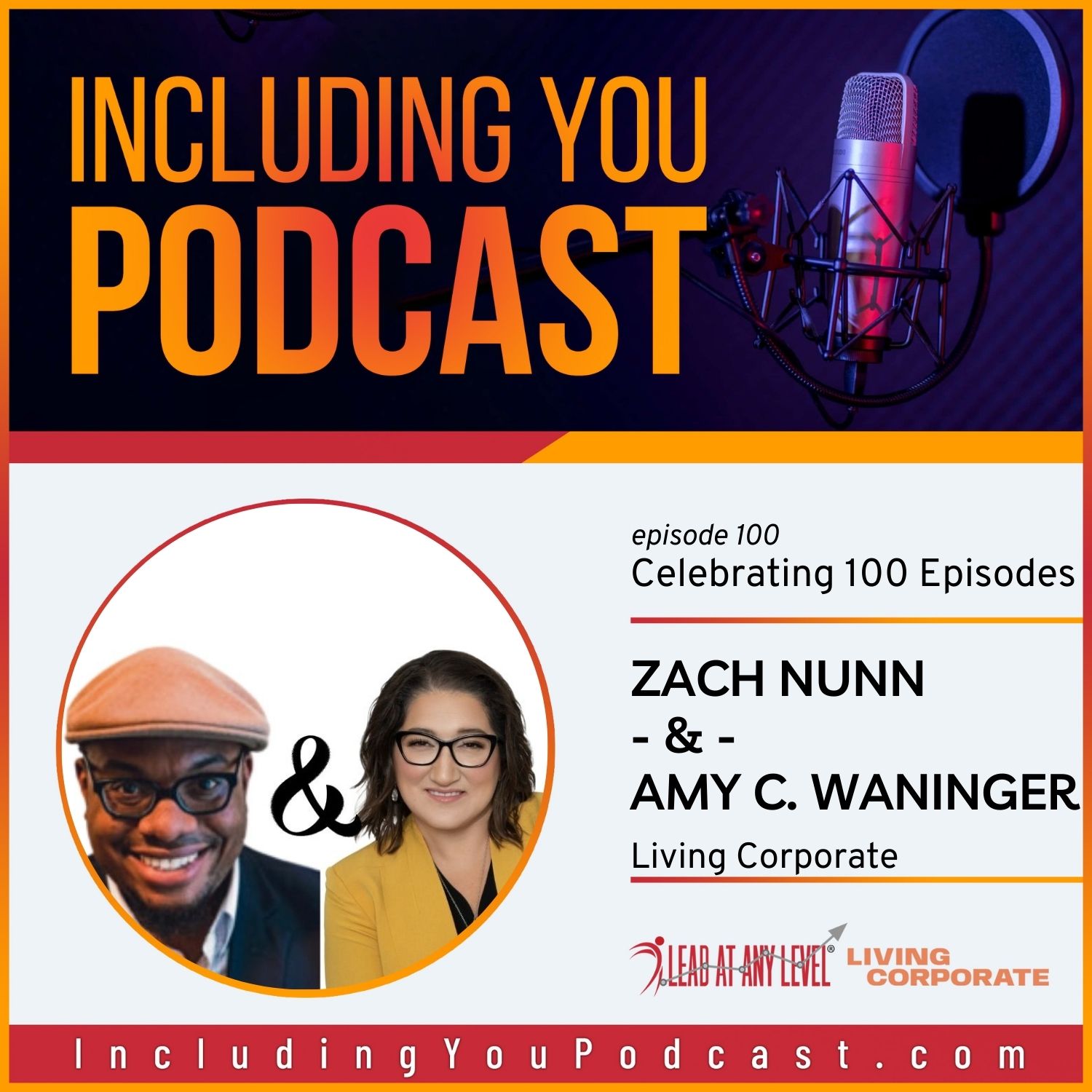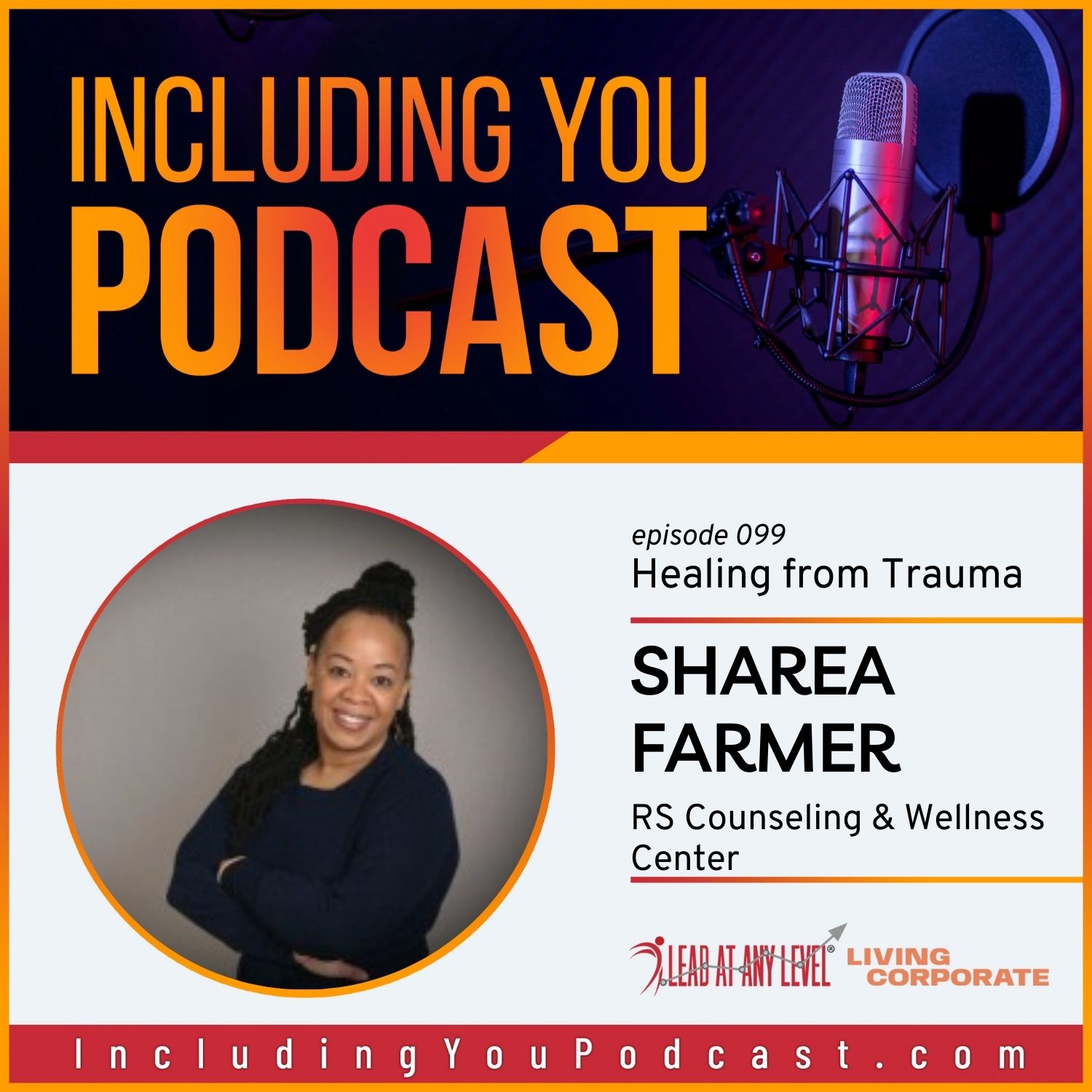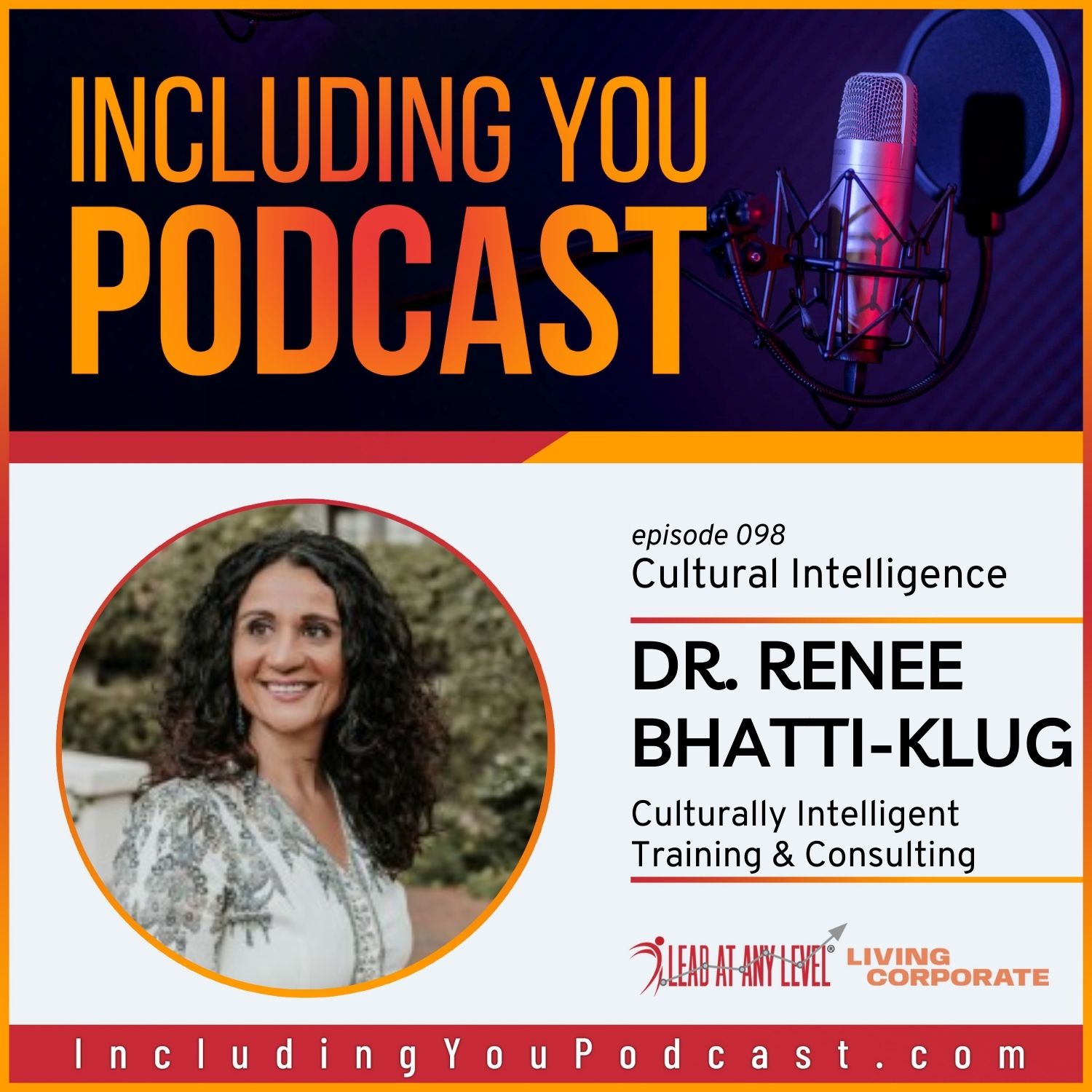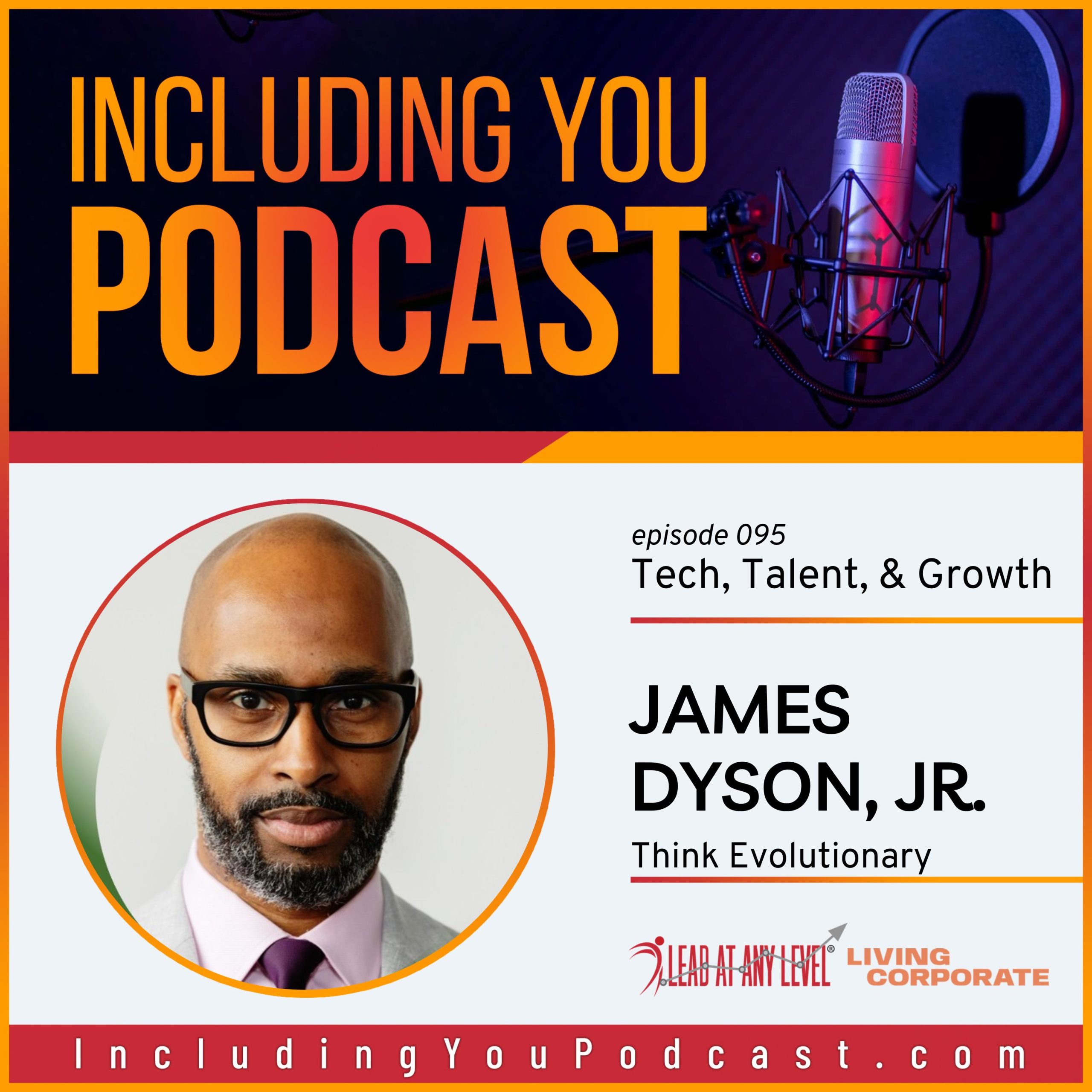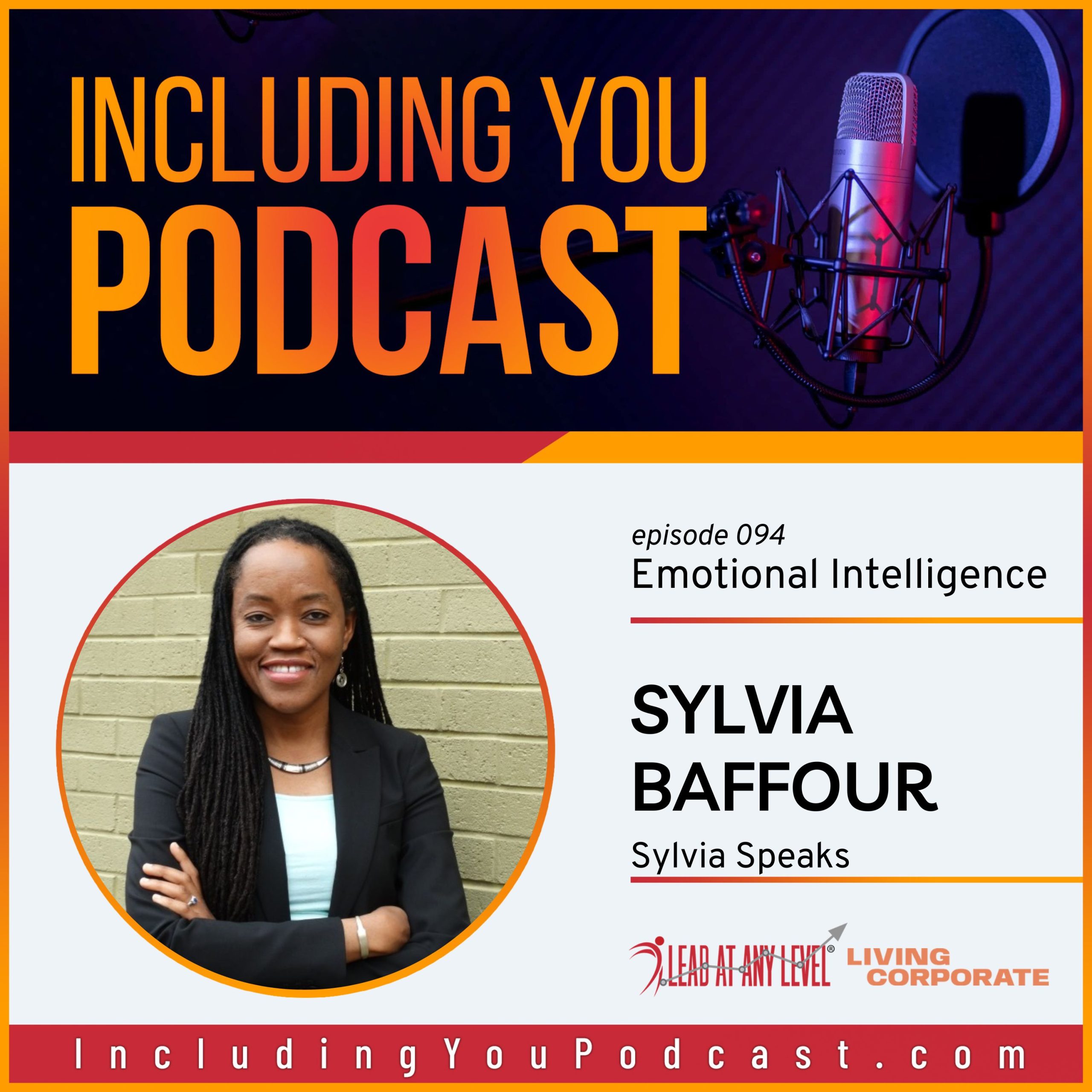-
Selecting 360 Assessments for Leaders
Incorporating 360-degree leader assessments is valuable for evaluating leadership skills and identifying development opportunities. When contrasting competency-based and style-based assessments, it’s essential to consider their distinct benefits. We’ve included examples of each type of assessment. Finally, we offer a recommended approach to selecting an assessment tool. Competency-Based Assessments Competency-based assessments…
-
DISC Assessment for Professional Development
DISC assessments are powerful tools for individuals and teams seeking to enhance their skills, communication, and overall effectiveness.
-
e106. Visible in the Culture with Josh Miller
Including You Interview with Josh Miller Full Interview Transcript Coming soon from Rev.com
-
e105. Intentional Reach with Mariam Shahab
Including You Interview with Mariam Shahab Full Interview Transcript Coming soon from Rev.com
-
e104. Co-Creation with Beth Throne
Including You Interview with Beth Throne Full Interview Transcript Coming soon from Rev.com
-
e103. Beliefs & Relationships with Bryant Alexander
Including You Interview with Bryant Alexander Full Interview Transcript Coming soon from Rev.com
-
e102. Leaving the Wilderness with Sybil Stewart
Including You Interview with Sybil Stewart Full Interview Transcript Coming soon from Rev.com
-
e101. Three Inclusive Behaviors with Jaya Saxena
Including You Interview with Jaya Saxena Full Interview Transcript Coming soon from Rev.com
-
e100. Celebrating 100 Episodes with Amy Waninger & Zach Nunn
Including You Interview with Zach Nunn & Amy C. Waninger Full Interview Transcript Coming soon from Rev.com
-
e099. Healing from Trauma with Sharea Farmer
Including You Interview with Sharea Farmer Full Interview Transcript Coming soon from Rev.com
-
e098. Cultural Intelligence with Dr. Renee Bhatti-Klug
Including You Interview with Dr. Renee Bhatti-Klug Full Interview Transcript Coming soon from Rev.com
-
e097. International Exchange with Dr. Ted Samuel
Including You Interview with Dr. Ted Samuel Full Interview Transcript Coming soon from Rev.com
-
When Customers Discriminate: Protecting Your Sales Force and Your Bottom Line
In customer-facing roles like sales, representatives often find themselves at the mercy of clients’ or prospects’ behavior. While most interactions are professional and courteous, some sales teams face an unfortunate reality: racial or sex-based discrimination from the very people they’re trying to serve. But what can you do when customers…
-
Emotional Intelligence (EIQ): Essential for Inclusive Leaders
Emotional Intelligence (EIQ) is the ability to recognize, understand, and manage one’s own emotions as well as the emotions of others. It is a critical skill that can significantly impact personal and professional success. According to research, EIQ may account for up to 80 percent of the success we experience…
-
Intercultural Conflict Style (ICS) Improves Teamwork
The benefits of using the Intercultural Conflict Style (ICS) assessment for individuals and teams are numerous. The ICS assessment is a valuable tool for improving intercultural communication and resolving conflicts in a diverse workplace. By understanding their own and others’ conflict styles, individuals can navigate disagreements more effectively, leading to…
-
e096. Leading in Color with Marta Miranda-Straub
Including You Interview with Marta Miranda-Straub Full Interview Transcript Coming soon from Rev.com
-
e095. Tech, Talent, & Growth with James Dyson, Jr.
Including You Interview with James Dyson, Jr. Full Interview Transcript Coming soon from Rev.com
-
e094. Leading with EQ with Sylvia Baffour
Including You Interview with Sylvia Baffour Full Interview Transcript Coming soon from Rev.com
-
Intercultural Development Inventory (IDI) for Individuals & Teams
Are you looking to enhance your intercultural competence and foster a more inclusive and productive work environment? The Intercultural Development Inventory (IDI) is a valuable tool that can provide individuals and teams with actionable insights to navigate cultural differences more effectively. As an IDI Qualified Administrator, I am excited to…
-
e093. Telling Patient Stories with Dr. Cherise Bernard
Including You Interview with Dr. Cherise Bernard Full Interview Transcript Coming soon from Rev.com




